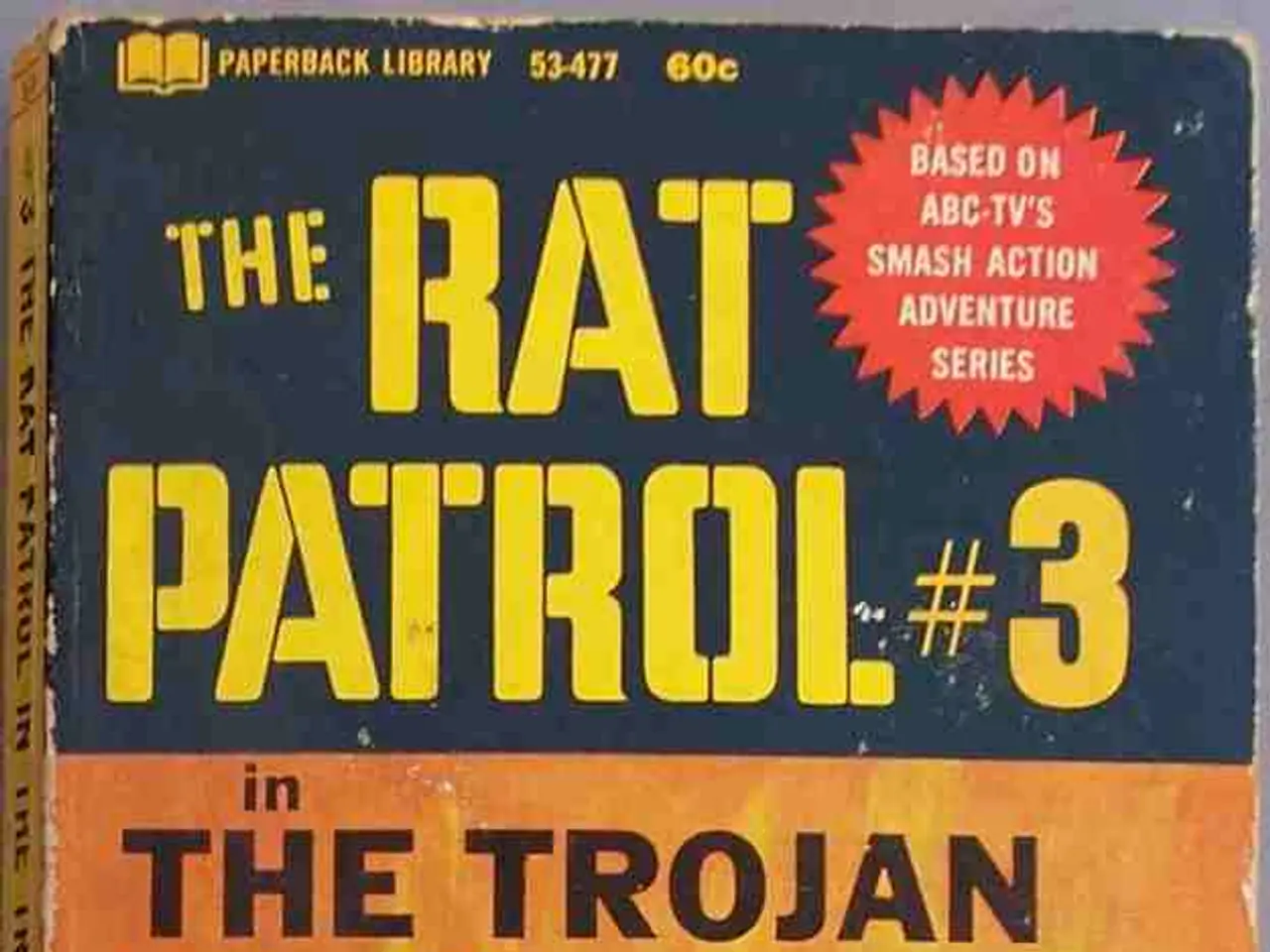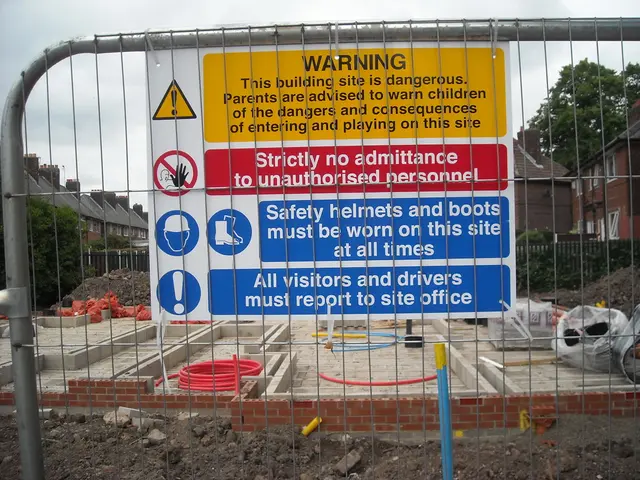Political anxiety escalates amid speculation on potential target cities, following National Guard deployment in America's capital.
In recent times, the deployment of National Guard troops in major American cities has become a topic of significant discussion. This article delves into the historical practice of using the National Guard for civil order and civil rights enforcement, the recent unprecedented actions, and the legal implications and constraints.
Historical use of the National Guard for civil order and civil rights enforcement:
Presidents such as Dwight D. Eisenhower, John F. Kennedy, and Lyndon B. Johnson federalized the National Guard in the 1950s and 1960s to enforce civil rights laws during school integration and civil rights marches, overriding state governors when they resisted or obstructed enforcement. Examples include the enforcement of desegregation at Little Rock Central High School in 1957, the University of Mississippi in 1962, and the Selma march in 1965.
The federal government also deployed the National Guard during major civil disturbances like the 1992 Los Angeles riots. California’s governor initially called up the Guard, but President George H.W. Bush federalized additional troops under the Insurrection Act to restore order.
Recent unprecedented actions:
In 2025, President Donald Trump federalized thousands of National Guard troops in Los Angeles without the consent of Governor Gavin Newsom to address protests and riots, an action that broke a 60-year precedent requiring governors’ consent except in civil rights enforcement or extreme emergencies.
Trump also deployed the D.C. National Guard and federalized D.C. police forces to combat crime in Washington, D.C., an unusual move because the D.C. National Guard is always under presidential control (D.C. lacks a governor). This deployment was legally permitted but raised constitutional concerns about militarizing civilian law enforcement and potentially violating norms such as the Posse Comitatus Act.
Legal implications and constraints:
Typically, National Guard units operate under state control commanded by governors; the president can only federalize them in specific circumstances like insurrection or federal emergency under the Insurrection Act or related laws. The Posse Comitatus Act restricts the use of federal military forces in domestic law enforcement but usually does not apply to National Guard troops under state control. When federalized, some military restrictions apply, though exceptions exist under the law for civil unrest or emergencies.
The District of Columbia is a special case as the president maintains command over the D.C. National Guard continuously. However, federal control over local police is generally limited to short periods (up to 30 days) without Congressional approval, reflecting the constitutional principle of state and local authority over policing.
Experts warn that deploying the National Guard or military for routine crime fighting risks normalizing military involvement in civilian law enforcement, which historically has been avoided to protect civil liberties and guard against militarization of policing.
Summary:
| Aspect | Historical Practice | Recent Developments | Legal Basis and Limits | |-----------------------------|---------------------------------------------|--------------------------------------------|------------------------------------------------------------------------------------------------| | Deployment for civil rights | Eisenhower, Kennedy, Johnson federalized Guard to enforce desegregation and civil rights[1][2] | Rare; recent Trump federalization of CA Guard without governor consent[1][2] | Insurrection Act; federal authority can override states in civil rights emergencies[1][2] | | Deployment for riots/disturbances | Governors call Guard for order; presidents sometimes federalize troops (LA riots 1992)[1] | Trump federalization of CA Guard and D.C. Guard for crime control, despite objections[1][3] | Governor consent traditionally required; federalization legally complex and somewhat contested | | Control in D.C. | President commands D.C. Guard at all times | Trump used this authority to deploy Guard for crime control[3][4] | D.C. Guard not subject to Posse Comitatus; federal control over D.C. police limited to 30 days | | Legal concerns | Posse Comitatus Act restricts regular military policing | Military use for domestic law enforcement viewed as dangerous precedent by experts[3][4] | Constitution and courts limit federal commandeering of state/local forces; state police autonomy |
In conclusion, U.S. presidents have historically deployed National Guard troops to restore order primarily during civil rights enforcement and major riots, usually respecting state governor authority. Deploying the Guard directly to fight ordinary crime in cities—especially without a governor’s consent—is legally unusual and controversial, raising constitutional and civil liberties concerns. The U.S. attorney for the capital, Jeanine Pirro, dismissed a question about comparing violence in the capital to other cities, stating "All I know is we rank in death."
In the historical context, presidents did federalize the National Guard to enforce civil rights laws and maintain order during major disturbances like the Little Rock Central High School desegregation, the University of Mississippi incidents, and the Selma march. More recently, presidents have occasionally federalized National Guard troops for riot control, such as during the 1992 Los Angeles riots.
In more recent times, the deployments of National Guard troops for civil order and law enforcement purposes have become a topic of debate, with instances like the 2025 federalization of thousands of National Guard troops in Los Angeles without the consent of Governor Gavin Newsom for addressing protests and riots breaking a long-standing precedent.






